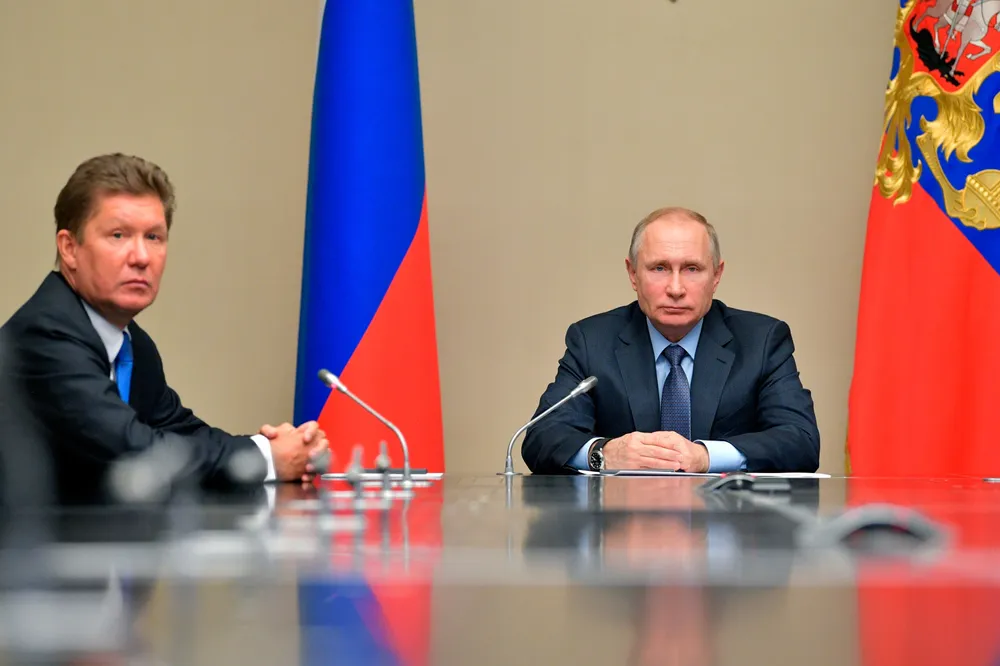Gazprom in limbo after loss of European market
Industry analysts cast doubts over the rationale of the Russian gas giant to seek higher pipeline gas deliveries to China

Industry analysts cast doubts over the rationale of the Russian gas giant to seek higher pipeline gas deliveries to China
